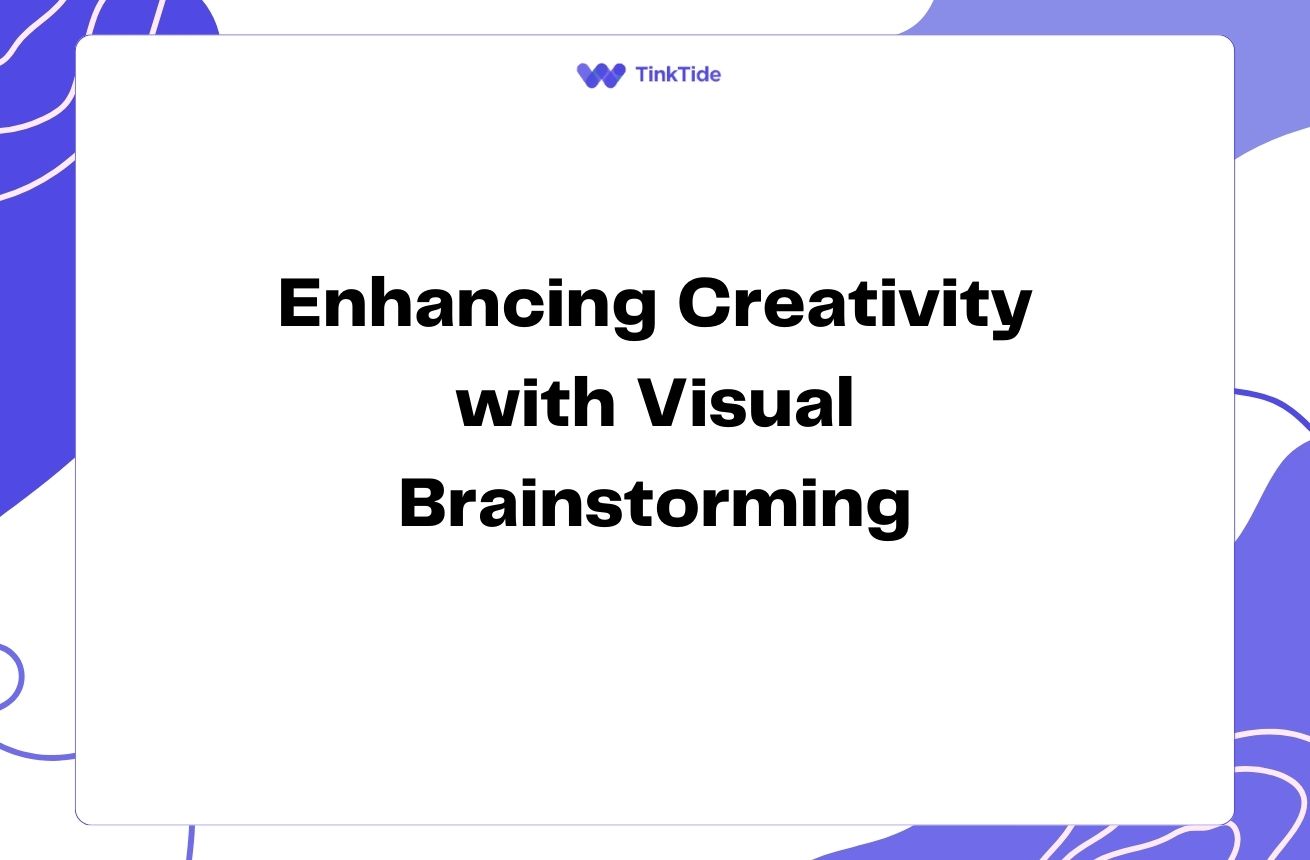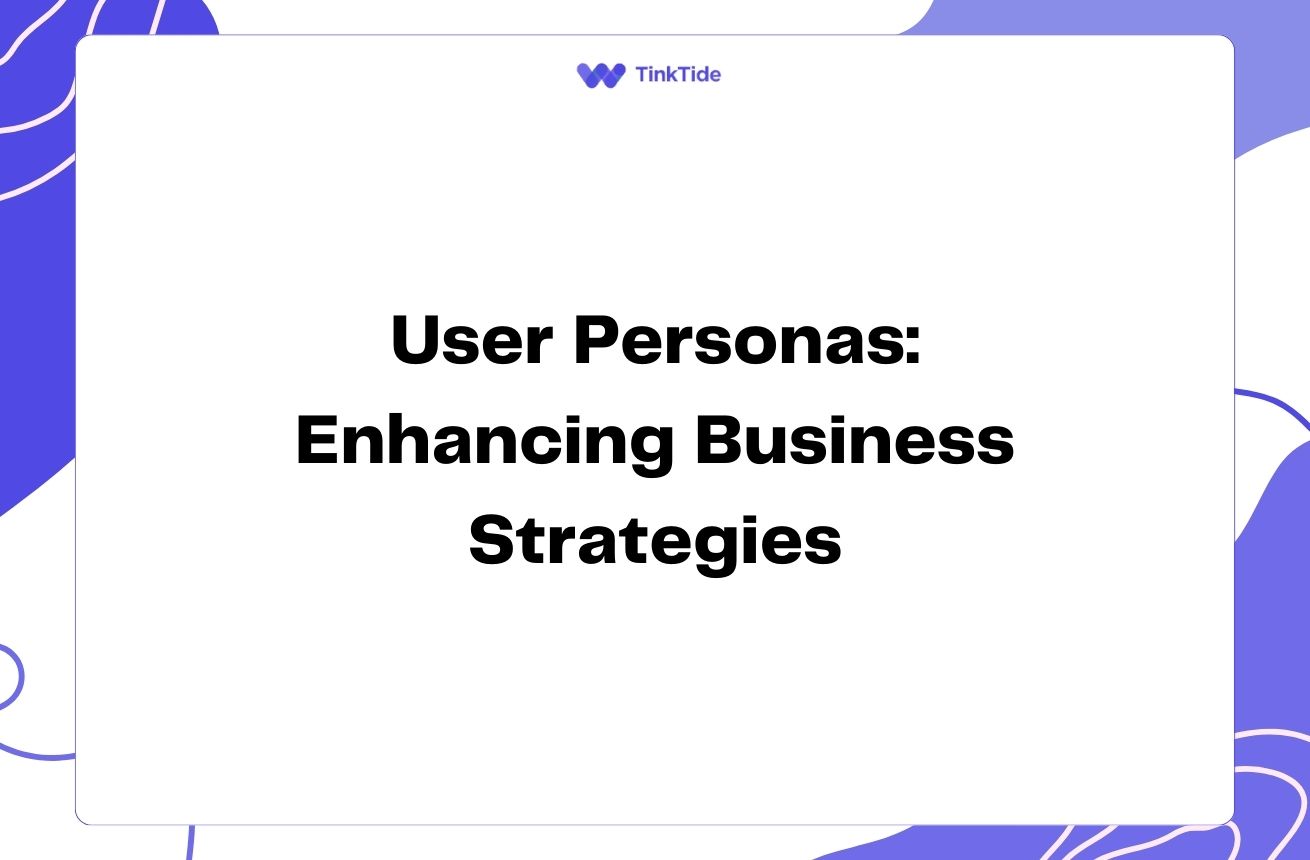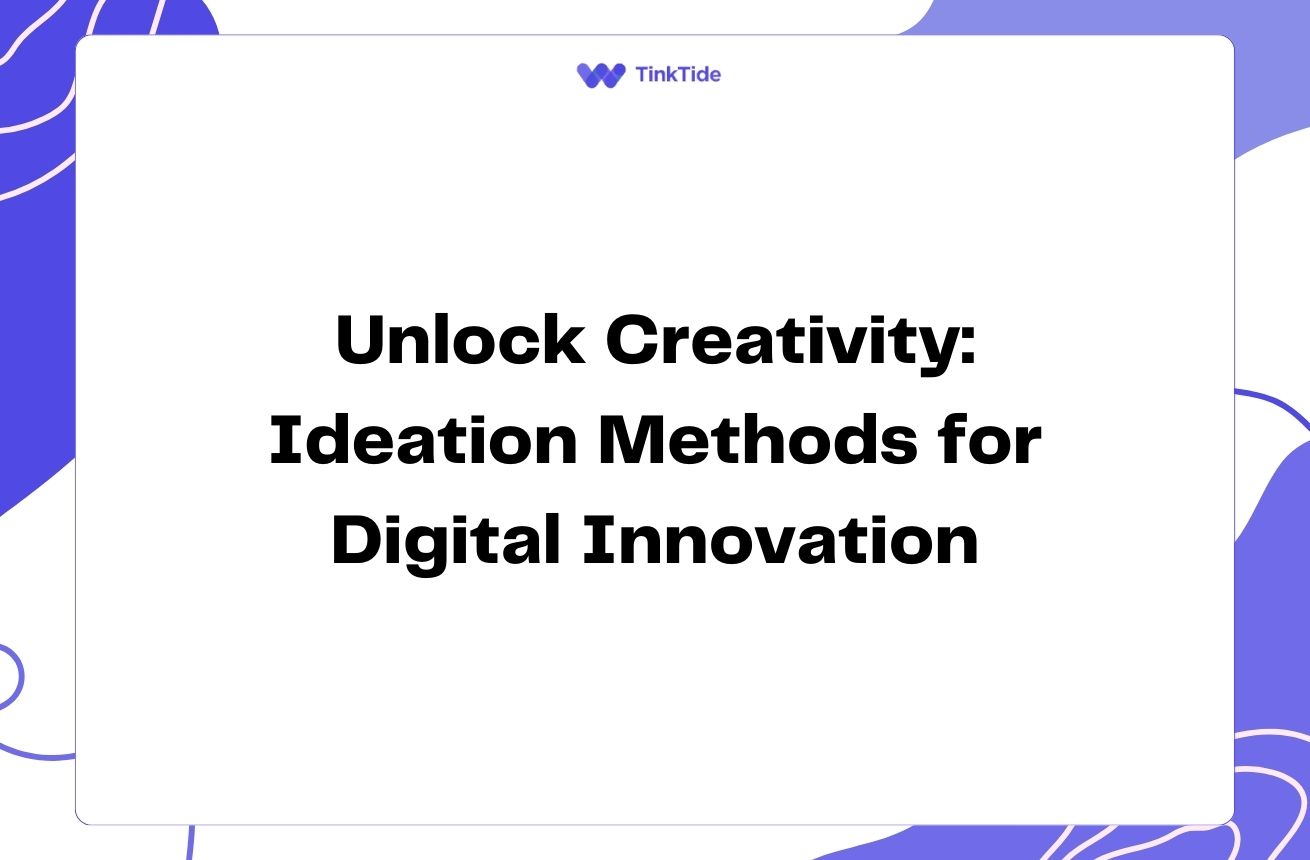AI's Impact on Creative Workflows: Reshaping the Future
The AI Revolution in Creative Industries
Artificial Intelligence (AI) is rapidly transforming the creative landscape, revolutionizing how artists, designers, and content creators approach their work. From Adobe's AI-powered tools to AI-generated art platforms like Midjourney, the integration of AI into creative workflows is reshaping the very nature of creative output.
This technological shift is not just about automating mundane tasks; it's about augmenting human creativity and opening up new avenues for expression. AI is becoming an invaluable collaborator, offering suggestions, generating ideas, and even creating entire pieces of work under human guidance.
As we delve deeper into this topic, we'll explore how AI is impacting various creative fields and the implications for professionals and hobbyists alike. We'll also address the challenges and ethical considerations that come with this technological advancement.
AI's Role in Different Creative Fields
AI is making significant inroads across various creative disciplines. Let's look at some key areas where AI is having a profound impact:
- Graphic Design: AI-powered tools are assisting in layout creation, color palette selection, and even logo design.
- Music Production: AI algorithms are composing original melodies, suggesting chord progressions, and even mastering tracks.
- Writing and Content Creation: Natural Language Processing (NLP) models are helping with everything from headline generation to full article writing.
- Film and Video Editing: AI is streamlining the editing process, automating color correction, and even generating realistic visual effects.
- Photography: AI enhances image quality, automates retouching, and can even create entirely new, photorealistic images.
Enhancing Efficiency in Creative Workflows
One of the most significant benefits of AI in creative workflows is the dramatic increase in efficiency. AI-powered tools can handle time-consuming tasks like image tagging, transcription, and basic editing, freeing up creatives to focus on higher-level conceptual work.
For instance, Adobe Photoshop's AI features can automatically select complex objects in images, a task that once required painstaking manual work. This not only saves time but also reduces the technical barriers to entry for aspiring creatives.
Moreover, AI can analyze vast amounts of data to provide insights into audience preferences and trends, helping creatives make more informed decisions about their work. This data-driven approach can lead to more effective and engaging creative output.
AI as a Creative Collaborator
Beyond mere efficiency gains, AI is increasingly being viewed as a creative collaborator. Tools like DALL-E 2 and GPT-3 can generate original images and text based on prompts, serving as a source of inspiration or even producing work that can be refined by human creatives.
This collaboration between human and machine is leading to entirely new forms of art and expression. For example, AI-generated music can be used as a starting point for human composers, or AI-created images can be incorporated into larger design projects.
However, it's important to note that AI is not replacing human creativity, but rather augmenting it. The most successful applications of AI in creative fields involve a symbiotic relationship between human intuition and machine capabilities.
Challenges and Ethical Considerations
While the benefits of AI in creative workflows are significant, there are also challenges and ethical considerations to address. One major concern is the potential for job displacement as AI becomes more capable of handling creative tasks.
There are also questions about copyright and ownership when it comes to AI-generated content. Who owns the rights to an image created by an AI based on a human prompt? These legal and ethical issues are still being debated and will likely require new frameworks and regulations.
Additionally, there are concerns about the potential homogenization of creative output if too many creators rely on the same AI tools. It's crucial for creatives to use AI as a tool to enhance their unique vision, rather than as a replacement for human creativity.
The Future of AI in Creative Workflows
As AI technology continues to advance, we can expect even more profound changes in creative workflows. Here are some potential developments:
- More sophisticated AI models that can understand and generate content across multiple modalities (text, image, audio, video)
- Increased personalization of creative tools based on individual user preferences and styles
- AI-powered virtual reality and augmented reality tools for immersive content creation
- Advanced AI assistants that can provide real-time feedback and suggestions during the creative process
- Integration of AI with brain-computer interfaces for direct thought-to-creation workflows
Adapting to the AI-Powered Creative Landscape
For creatives looking to thrive in this AI-powered landscape, it's crucial to embrace these new tools while maintaining a unique creative voice. Here are some strategies:
1. Stay informed about the latest AI tools and technologies in your field. Platforms like Coursera offer courses on AI in various creative disciplines.
2. Experiment with AI tools to understand their capabilities and limitations. Many offer free trials or limited free versions.
3. Focus on developing skills that complement AI, such as conceptual thinking, emotional intelligence, and interdisciplinary collaboration.
4. Use AI as a tool to enhance your creativity, not replace it. Let AI handle routine tasks while you focus on the uniquely human aspects of creativity.
Address common questions
As AI continues to reshape creative workflows, many questions arise. Here are some common ones:
Will AI replace human creatives?
While AI is becoming increasingly sophisticated, it's unlikely to fully replace human creatives. Instead, AI is best viewed as a tool that augments human creativity, handling routine tasks and providing inspiration while humans focus on higher-level conceptual work and emotional resonance.
How can I start incorporating AI into my creative workflow?
Begin by researching AI tools specific to your field. Many popular creative software suites now include AI features. Start with simple tasks like using AI for image editing or content suggestions, and gradually explore more advanced applications as you become comfortable with the technology.
What are the ethical implications of using AI in creative work?
Key ethical considerations include proper attribution for AI-generated content, ensuring diversity and avoiding bias in AI training data, and maintaining transparency about the use of AI in creative projects. It's important to stay informed about evolving guidelines and best practices in your industry.
How does AI impact copyright and intellectual property in creative fields?
This is a complex and evolving area. Currently, in many jurisdictions, AI-generated work without significant human input may not be copyrightable. However, works created through human-AI collaboration may be protected. It's crucial to stay informed about the latest legal developments in this area.
Can AI truly be creative?
This is a philosophical question that sparks much debate. While AI can generate novel outputs, true creativity involves intention, emotional depth, and cultural context that AI currently lacks. However, AI can certainly be a powerful tool for enhancing and inspiring human creativity.
Provide additional resources
AI for Creativity and Design
A Coursera course exploring the intersection of AI and creative fields
The Creative AI Lab
A research initiative exploring the potential of AI in creative practices
AI and Copyright: An Introduction
An overview of AI's impact on copyright law from the World Intellectual Property Organization
The AI Artist's Toolkit
A curated list of AI tools for artists and creatives
Ethics in AI for Creative Industries
IDEO's perspective on ethical considerations in AI-powered creativity
Embracing the AI-Powered Creative Future
As we've explored, AI is fundamentally reshaping creative workflows and outputs across various disciplines. From enhancing efficiency to serving as a creative collaborator, AI is opening up new possibilities for expression and innovation.
While challenges and ethical considerations remain, the potential benefits of integrating AI into creative processes are immense. By embracing these tools thoughtfully and ethically, creatives can unlock new levels of productivity and push the boundaries of their art.
As we move forward, it's crucial for creatives to stay informed, experiment with new technologies, and continue to develop their unique human skills. The future of creativity lies not in resistance to AI, but in finding the perfect harmony between human ingenuity and machine capabilities.
Unlock Your Creative Potential with AI
Discover how our AI-powered tools can enhance your creative workflow
Start Your Free Trial

